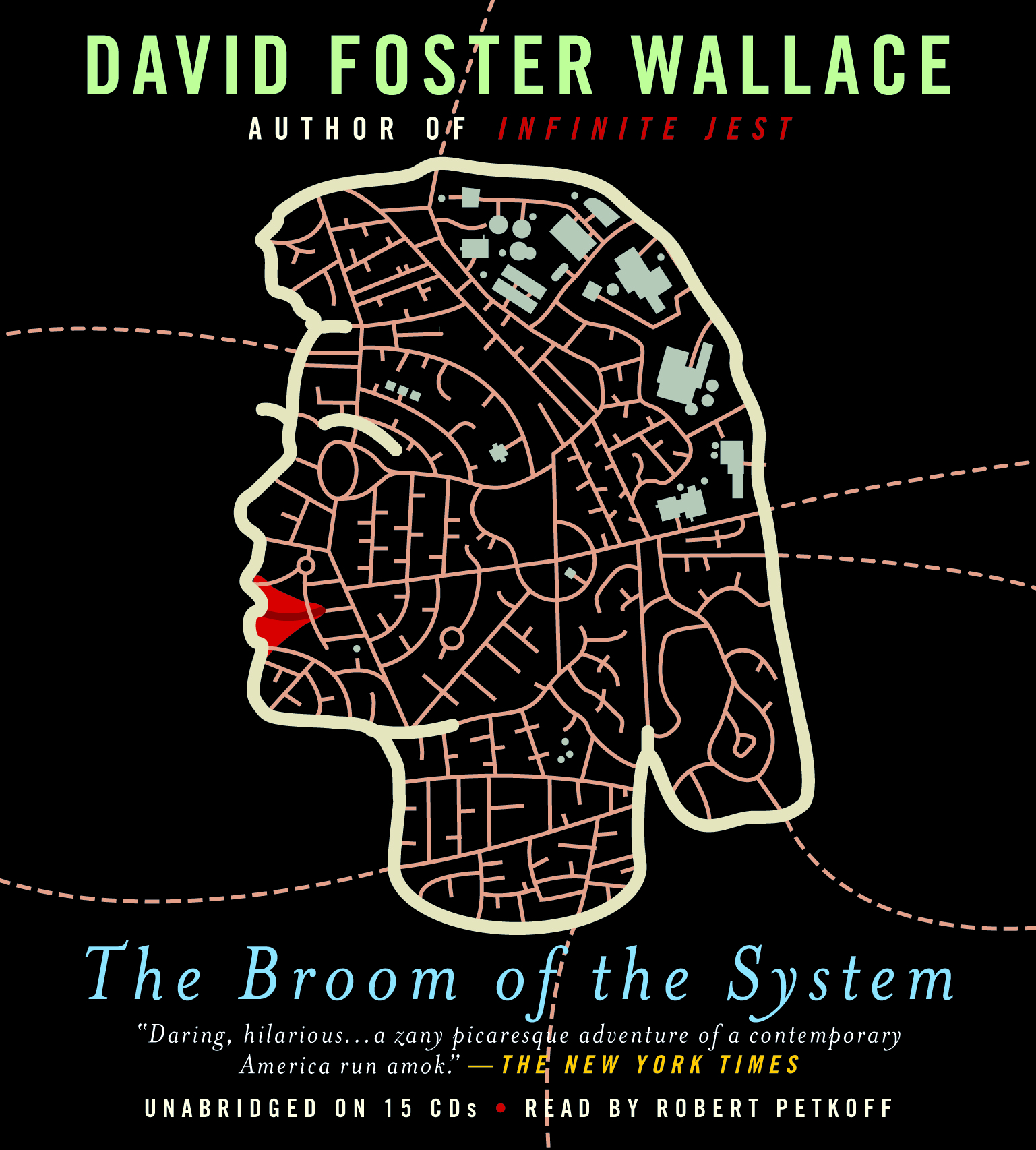Desert of Forbidden Art (2010)
is screening:
The documentary, filmed on location in Karapalpakistan (in Uzbekistan) a formerly held area of the Soviet Union, unveils the mystery behind why in Nukus, an otherwise barren town in the desert, is home to thousands of pieces of Soviet Avant-Garde art.
The answer lies in the life of artist Igor Savitsky.
Igor Savitsky was born from aristocratic Bolshevik roots; he became a worker to convince the new Soviet government that he had shed his aristocratic past. Desirous of the artist's life, he got a job drawing desert landscapes. He tried to become an artist but failed. Dispirited he moved to the desert city of Nukus. Unable to make it as an artist, Savitsky conjures up an idea to start a museum in the desert of Karapalpakistan to save revolutionary art from the censoring eyes of Soviet control. Artists who escape the gulag, or who come out of the gulag scarred, sought refuge in the desert to continue their work in secret.
Savitsky Created a Secret Museum of Art in the Desert
Savitsky is the collector who saves their pieces in his museum. Using state money, fooling officials about the content of the art, Savitsky was able to save pieces of art that spoke of the torture of the gulags and a pointing finger at the state-approved art that depicted the Soviet regime as growing and prosperous. The film is visually stunning. The filmmakers carefully construct the story about one man's fight against fascism but the film is also a document of the works themselves. The best part was the art itself, stunningly recaptured on film, the colors used by the artists is far from daubery. When I saw the film last weekend the film makes were there to speak about the movie. They spoke about the remote village of Nukus. It seems Uzbekistan does not care about the preservation of its Avant-Garde art.
The Future of the Museum's Avant-Garde Art Collection
The museum does not want to sell its collection, nor does the state government seem interested in persevering the art. In fact, as of this writing, the pieces are not displayed and seem to be destined for the trash heap if people do not stand up against the annihilation of art that Stavistky fought so hard to prevent. The documentary is timely because it speaks about a past censorship but seems to also be a call to action that art matters.
Check out the trailer:
Desert of Forbidden Art









